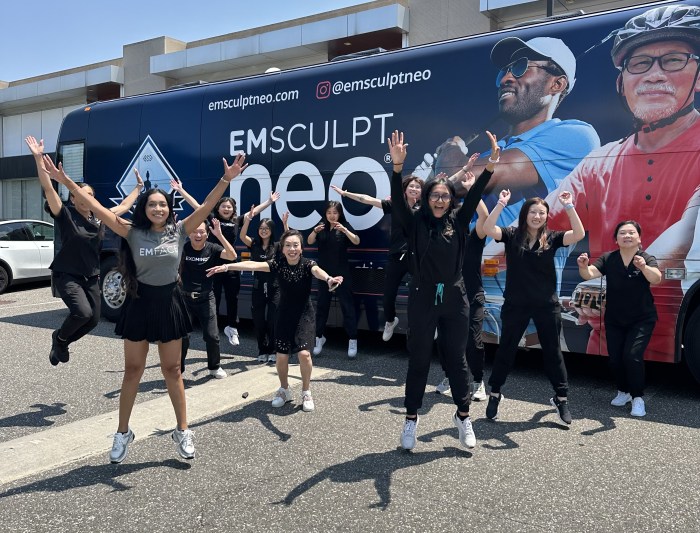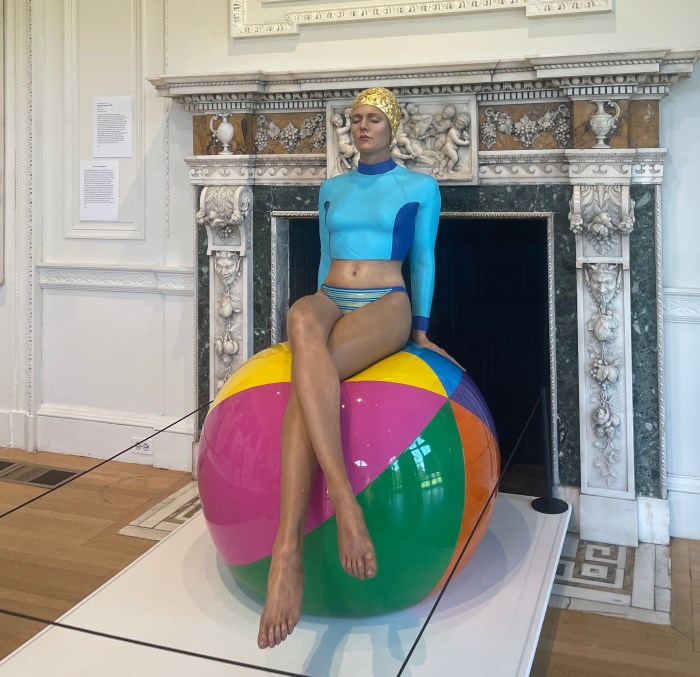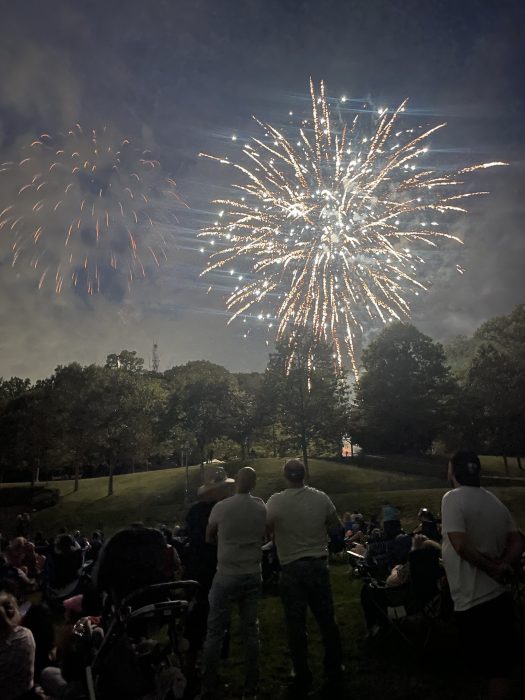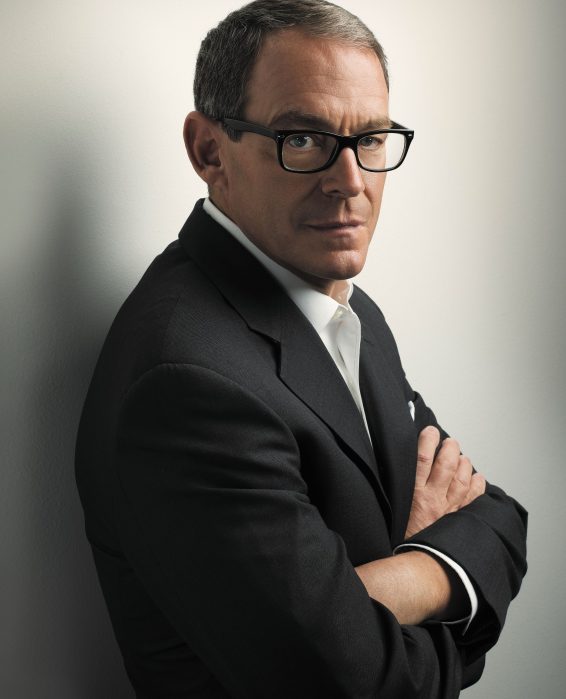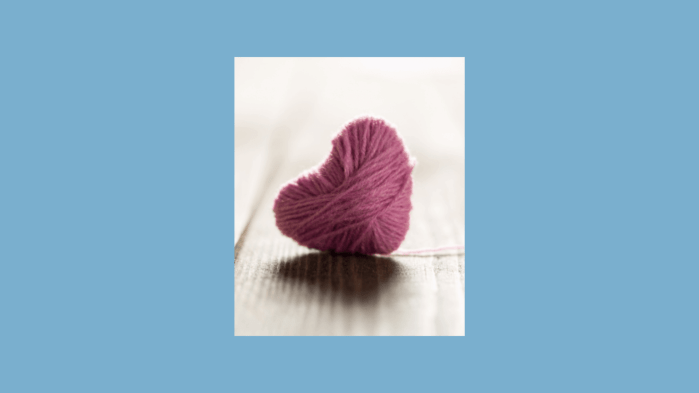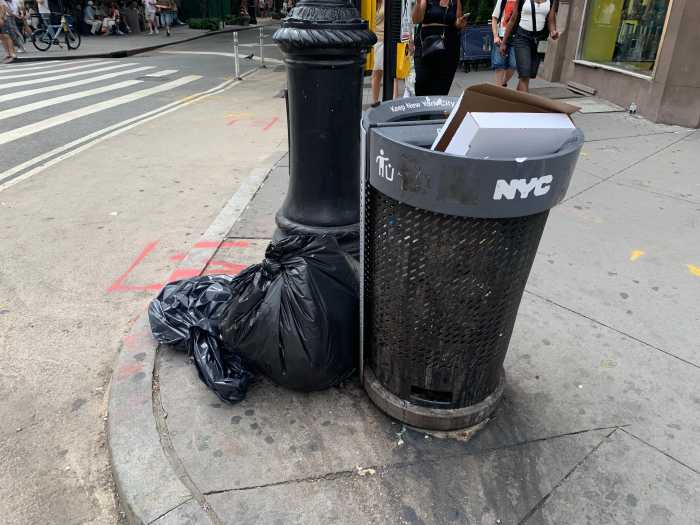
When Philip Kahn told his life story, he always opened with Samuel.
Less than a year into his century-long life, his twin brother died from the Spanish Flu as the pandemic swept across the world at the tail end of the 1910s. For years, the World War II veteran and longtime Great Neck resident told anybody who would listen how important it was that the lessons of the Spanish Flu not fade from human memory. He knew the world was ill prepared to deal with another global pathogen should history repeat itself.
When he started coming down with COVID-19 symptoms, he drove the point home even more.
“He would say to me ‘history is repeating itself,’” Kahn’s grandson Warren Zysman said. “He said, ‘I saw the horrors of World War II. I surveyed the atom bomb site after it was dropped, and I could tell you as horrific as those things were, there was nothing more devastating in world events than a pandemic.’”
Like everybody, Kahn followed the news on coronavirus day after day, distress growing as it became clearer and clearer that COVID-19 was the pandemic he’d spent so much time cautioning others to be prepared for. But his learned experience made it clear just how unprepared the world truly was, and the panicked responses of government after government only confirmed his lifelong concerns.
So when COVID-19 took Kahn at the age of 100 in his Westchester home, a little more than a century after the world’s last pandemic took his brother, the irony wasn’t lost on him.
“He said, ‘the irony is that this is what I’ve been talking about for so many years and I don’t think a lot of people have taken me seriously,’” Zysman said. “He said we’re not prepared, and we could be. He told me ‘100 years is a long time to live, but it’s not a long time for history,’ and to me that was one of the most powerful messages I got from my grandfather.”
The bookends to Kahn’s life have captivated a national audience, with stories about him reaching to lofty outlets like the New York Times and Washington Post. But those who knew the man know he was more than the sad coincidence that marked the beginning and end of his journey.
Kahn was a 30-year resident of Great Neck Plaza. His children and their children grew up in the community, went to its schools and still call it home to this day. During his time in the war, he served in the Air Force as an engineer and a copilot of a B-29 Superfortress, nearly unheard of for a Jewish man in the armed forces at that time.
After he returned home, he worked as an electrician in IBEW Local 3. Never one to miss out on witnessing history firsthand, Kahn wound up as a foreman on the crew that helped erect the World Trade Center.
Though his grandfather was a lifelong history buff who would often regale his progeny with stories of the past, Zysman noted Kahn never made those stories about him, despite the fact that he lived through so much of what he would recount.
“It was almost like talking to a history book,” Zysman said. “When he told his story, it wasn’t so much focused on his experience as what he witnessed.”
Kahn’s interest in history sparked avid passions for photography and writing as well. His photos and meticulous memoirs from his time at war have been archived by the Library of Congress, Cradle of Aviation and the USS Intrepid Museum.
Kahn made sure to keep his body as sharp as his mind, especially as the years began to add up. Right up until the COVID-19 symptoms began to show, he remained independent and energetic as ever. He loved to swim, and put in two to five miles a day in the water well into his 80s. He even passed that love onto his kids and grandkids, teaching them all how to swim in the Parkwood Pool. Kahn was a professional dancer as well, though Zysman noted his dancing slowed down a bit once his grandfather hit his 90s.
“He always said the two things you want to maintain into your later years are physical health and mental health,” Zysman said. “Up until the pandemic he still shopped by himself and walked a few miles every day, even when he was 100.”
For all he was able to accomplish, Zysman said his grandfather still always held a place in his heart for the brother he never had the chance to know.
“Whenever he told his stories, the first thing he would talk about is his brother,” Zysman said. “I’m a twin myself, so it always felt very special that he was kind of able to live vicariously to live through me and my twin brother about having that twin experience. He always brought it up to us, it really seemed to affect him.”




